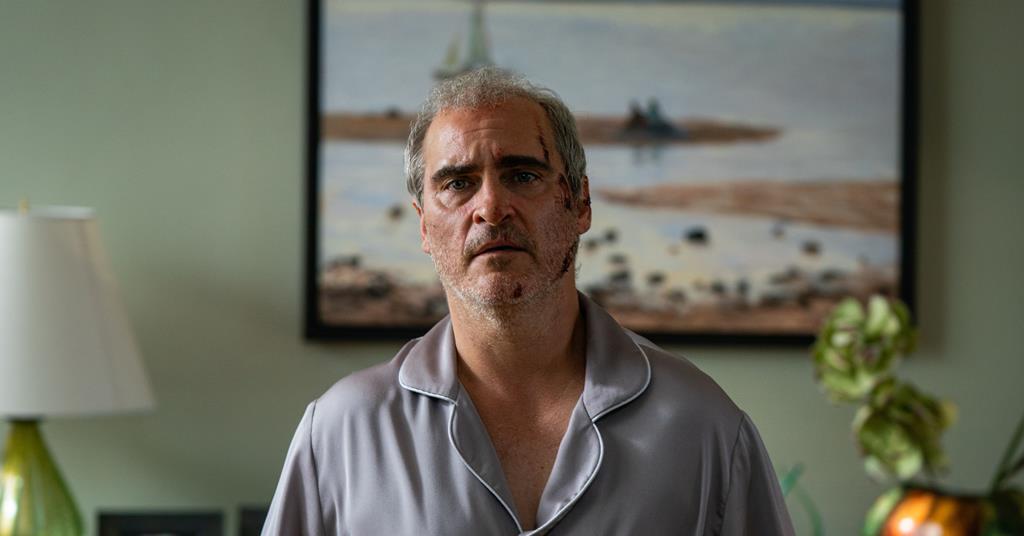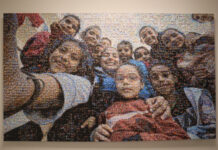With “Beau is Afraid,” writer-director Ari Aster returns to vetting relational trauma, something he did novelly in both “Hereditary” and “Midsommar.” Only this time, the story and themes unfold in the most exhaustive, extreme and tragic of proportions in his latest project. Aster’s third outing follows Beau (Joaquin Phoenix), a pitiable middle-aged man who journeys to his mother. The supposedly simple trip is hindered by Beau’s fear of essentially everything — as per the title — and guilt, a detour that takes him across hellscapes, dreams and memories of the past.
In a runtime of a minute shy of three hours, Aster never misses a moment to put Beau through the wringer. Nothing seems to go right for the poor phobic whether it’s his birth, a twenty-second walk to the store, or revelations about his childhood. The consistently emotionally exhausting content of Aster’s film has demanded skillful performances and with the addition of “Beau is Afraid,” the trend aptly continues. As each misfortune and roadblock is introduced, Phoenix is there each step of the way. He portrays Beau with a helpless trepidation embodying restless eyes and perpetual quivering — it’s impossible to not feel for Beau as his world teeters on the edge of collapse.
Beau’s mother, Mona (Patti LuPone), is the only remedy to his neuroticism and becomes the marrow of the film. “Beau is Afraid” can be unofficially divided into four parts and shares the common theme of Mona’s domineering, Oedipal relationship to the unknowing Beau. Despite four tonally distinct and uniquely presented chapters, her presence can be felt through ingenious production design, props and foreshadowing. Frames are overflowing with details to the point where one can only accept that they will not understand everything, or will require another watch.
An obvious standout section is a live-action animated sequence that marks a new high of Aster’s creative storytelling, representing Beau’s heartbreakingly romantic dreams of a better, independent life. When he awakes from the fantasy, the storybook animation and color wash away from the screen and Beau is back in his cruel reality.
Another portion of the film involves Beau’s stay at couples Roger’s (Nathan Lane) and Grace’s (Amy Ryan) house is the most curious of all four parts. While the purpose of this bit nudges into spoilers, it finds Aster deconstructing the suburban utopia and nuclear family, all while delving into trauma. Its ambiguity and restraint are purposeful, something which pays off greatly in the final act.
Despite these two sequences being personal favorites and skilfully crafted, it’s hard to deny that the lengths at which they draw out are arbitrary. The indulgent baggage of “Beau is Afraid” carries some repetitive spans of ideas and a general sense of exasperation knowing a scene could have been truncated in the editing room. The initially somber home stretch is especially telling of this, sacrificing sentiment for some frankly cheap shock value. It brings the tragedy full circle but doesn’t resonate as powerfully as it could have.
Aster has created a maddening film with “Beau is Afraid.” Runtime aside, it’s impossible to not appreciate the lengths to which he has constructed a beguiling world. While there is a rational reading of Beau’s journey, possibilities such as ego death and drug-induced delusion are always on the table. To wrap one’s head around and try to make sense of the many rabbit holes and peculiarities of the film is thought-provoking as it is frustrating.
Verdict: The overlong, yet wholly original epic unravels a man’s identity or his lack of one.








